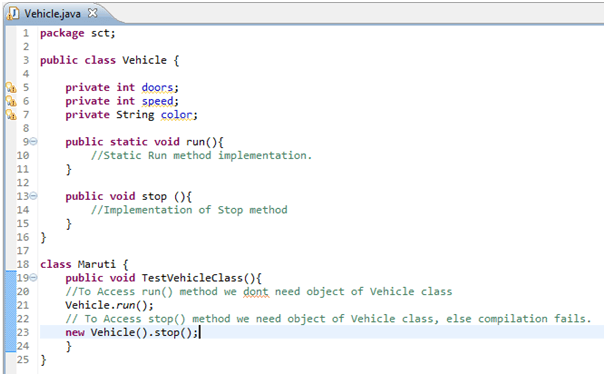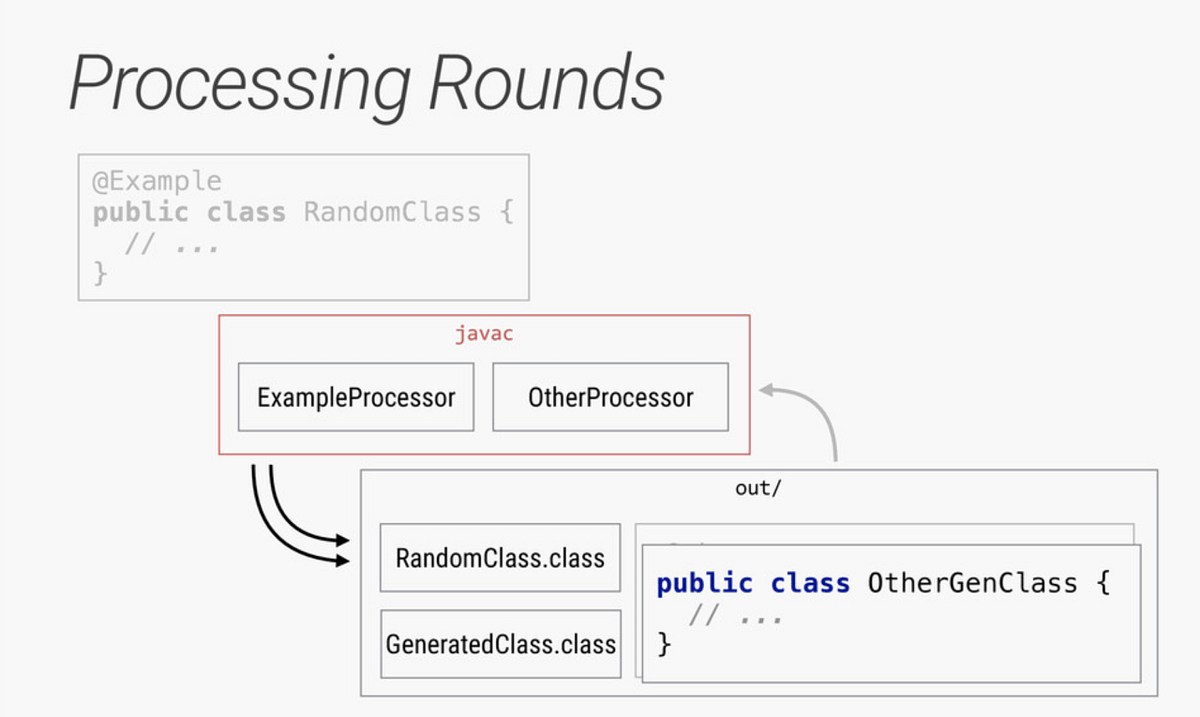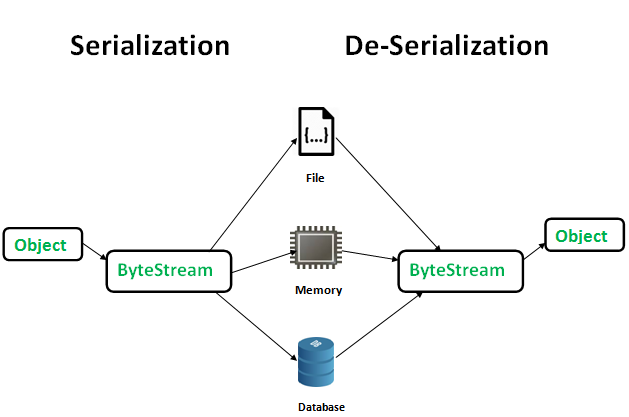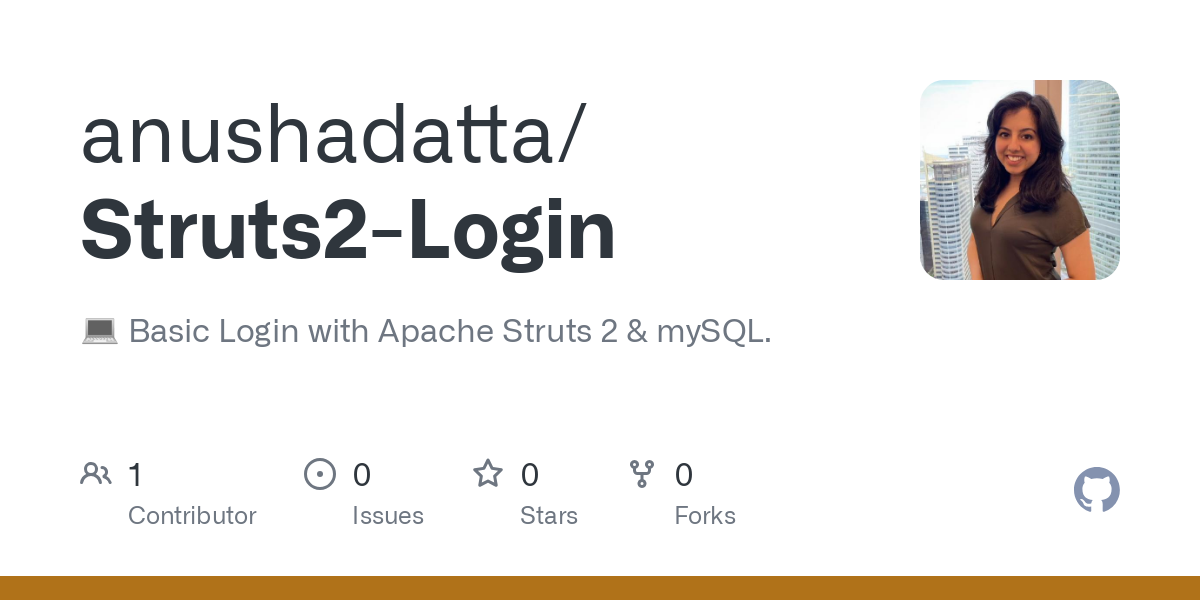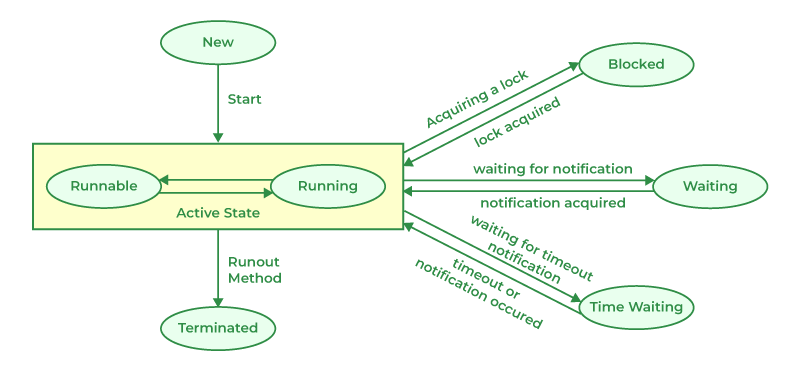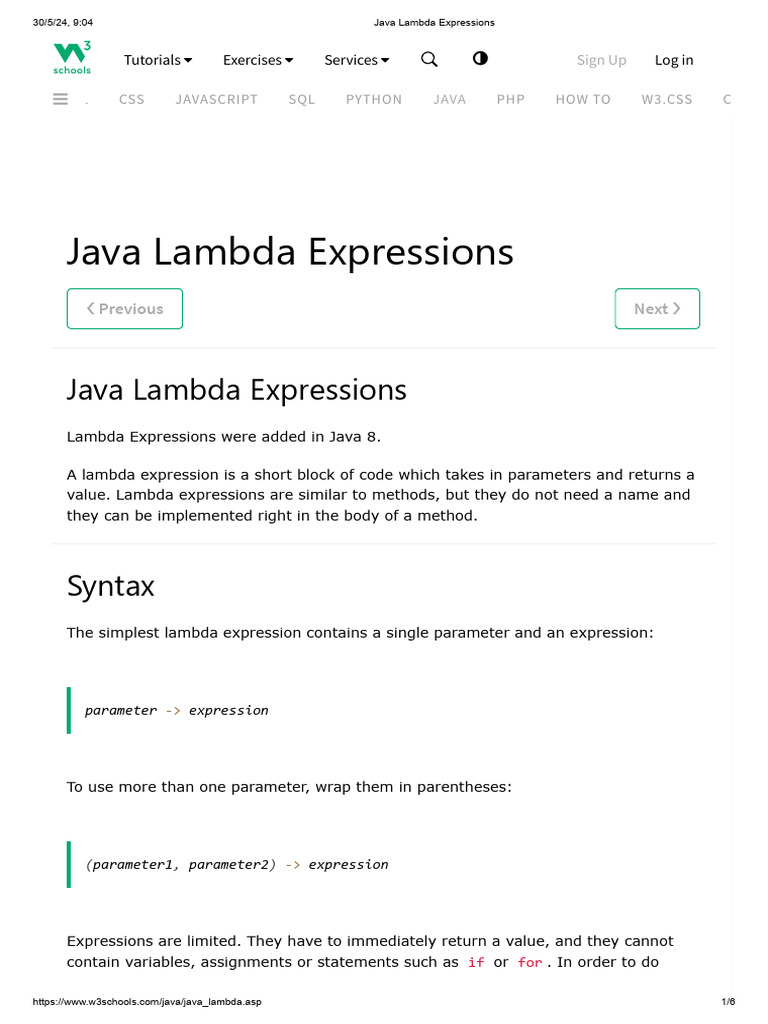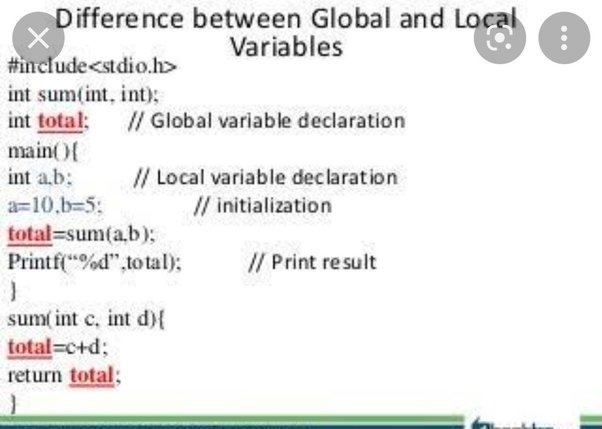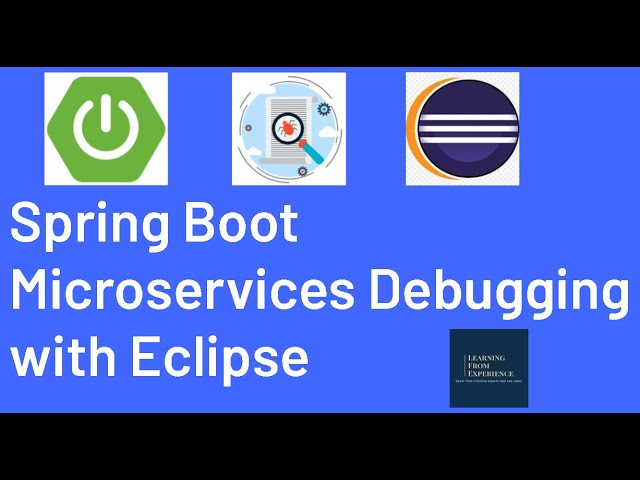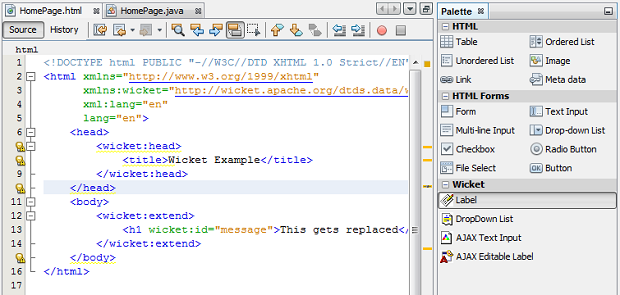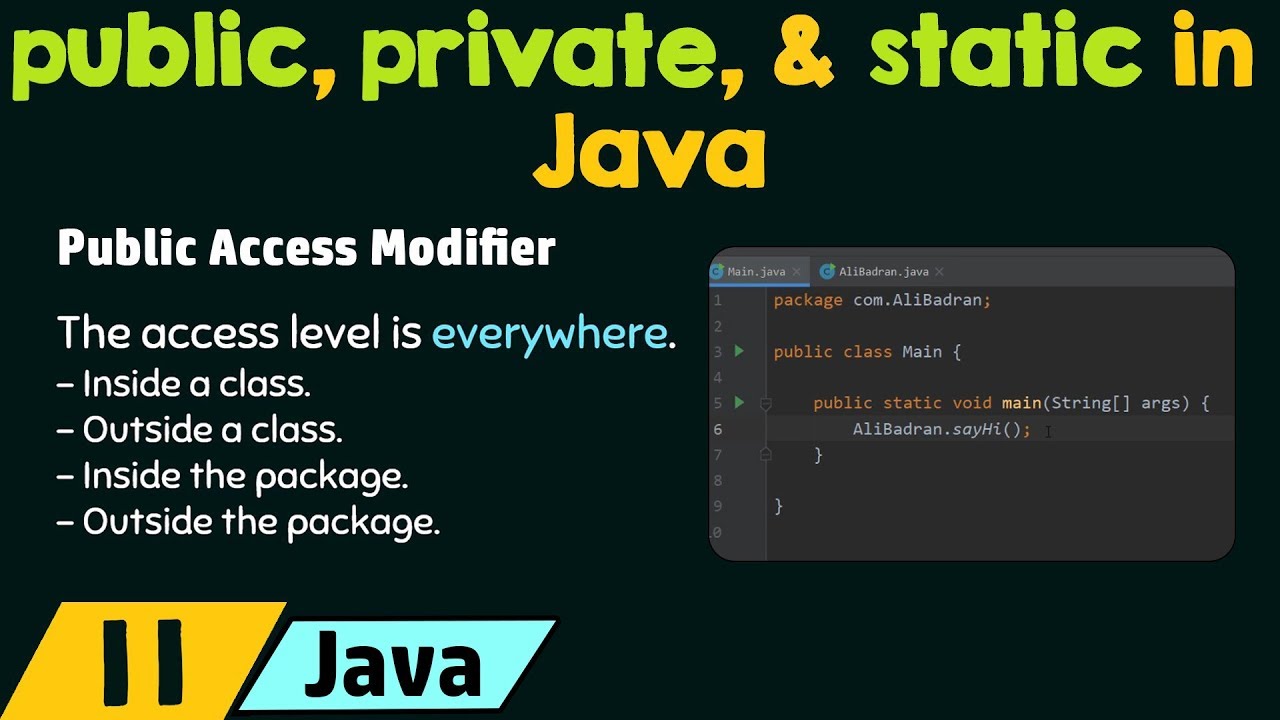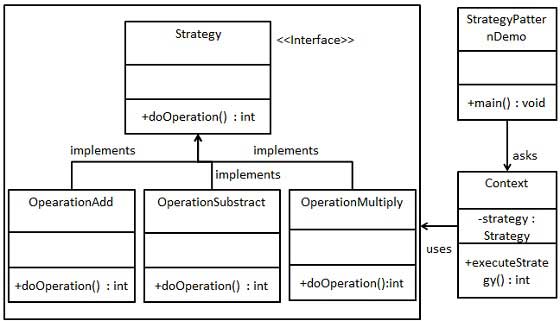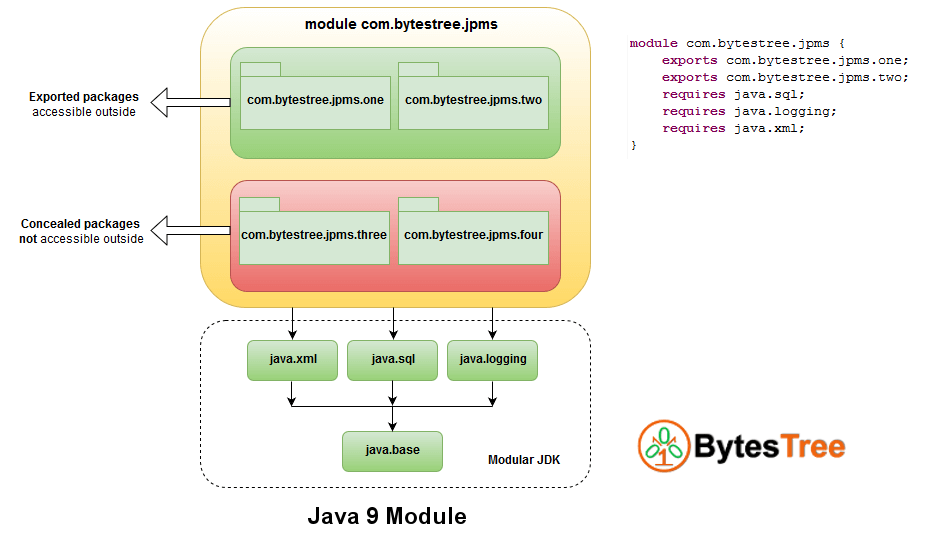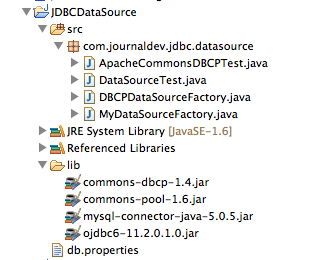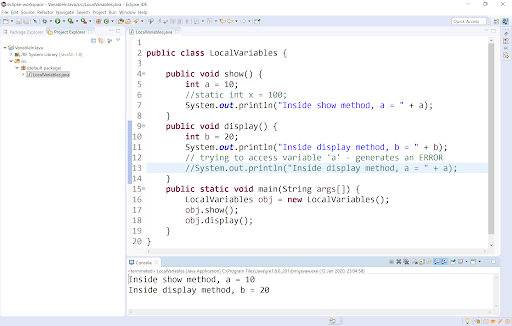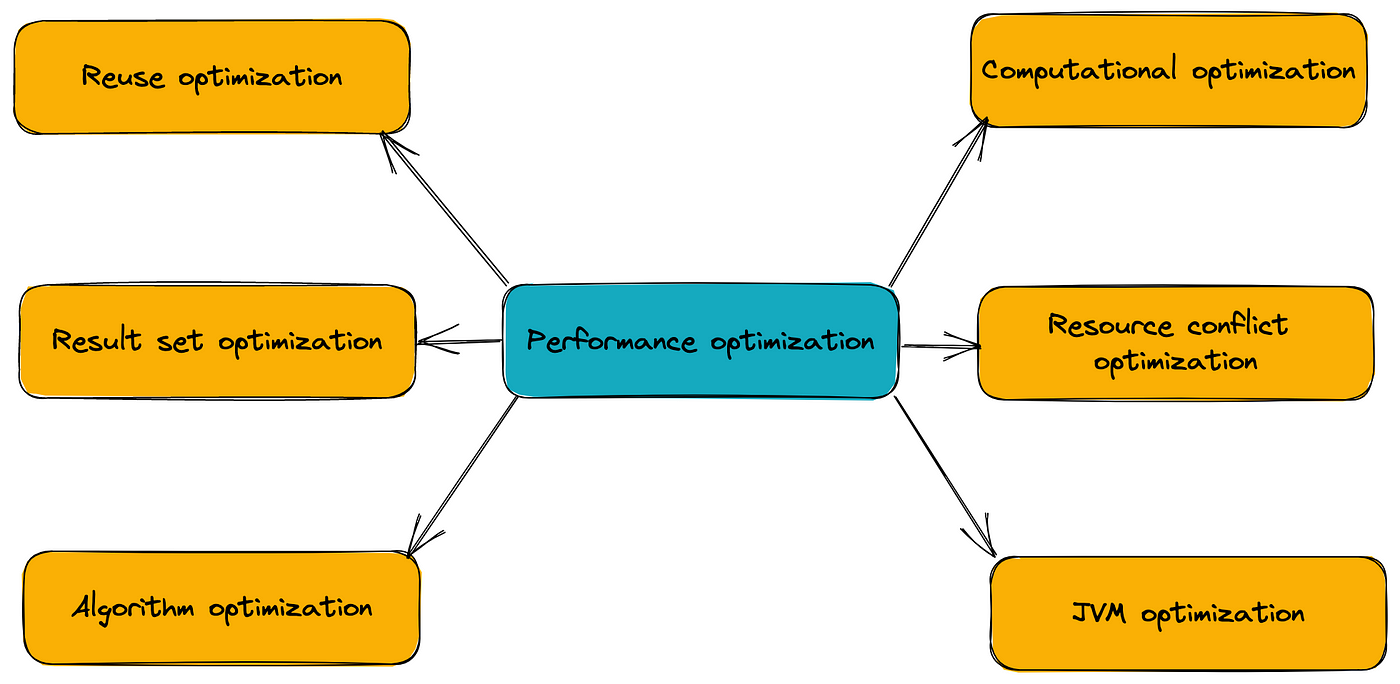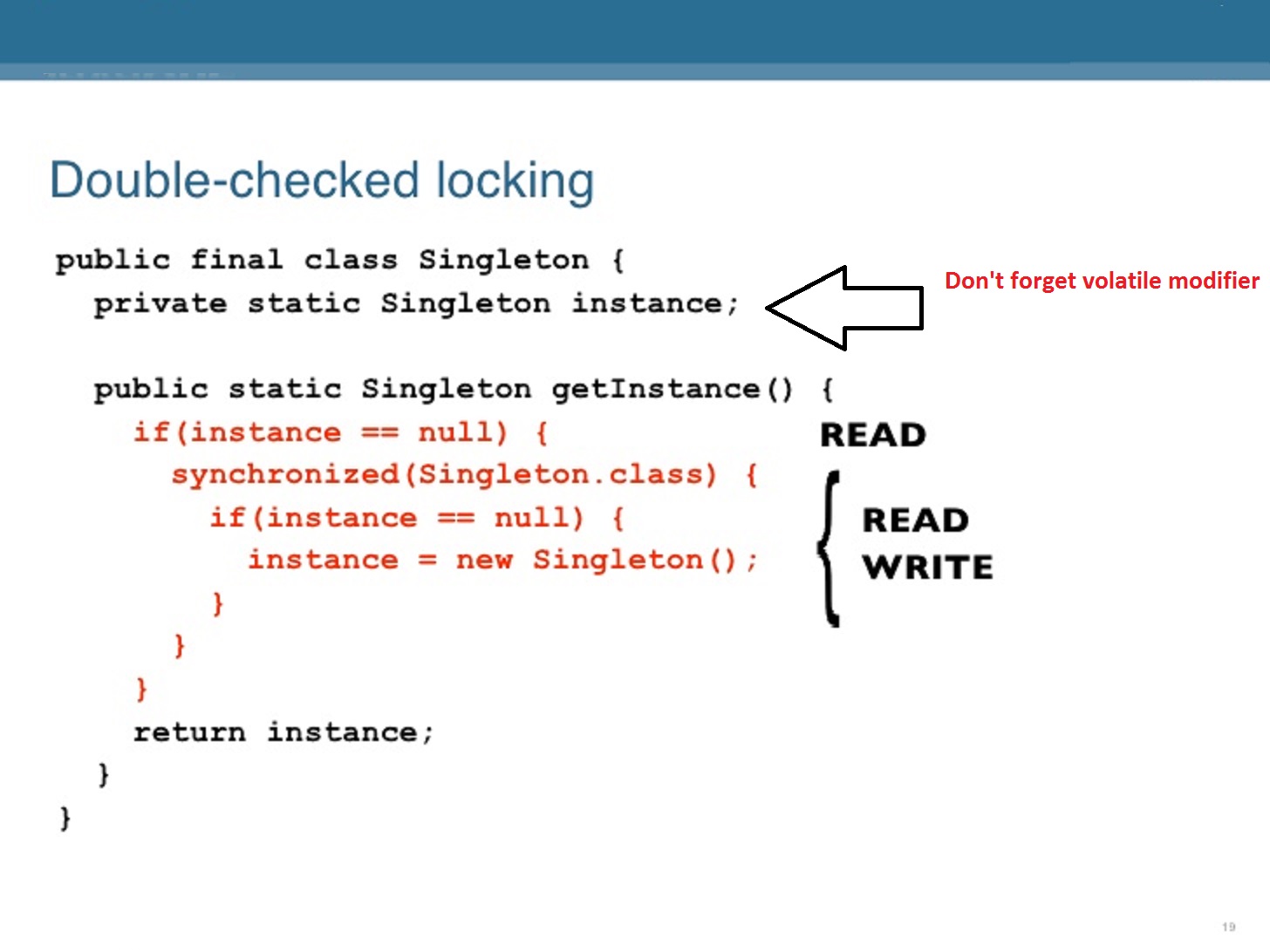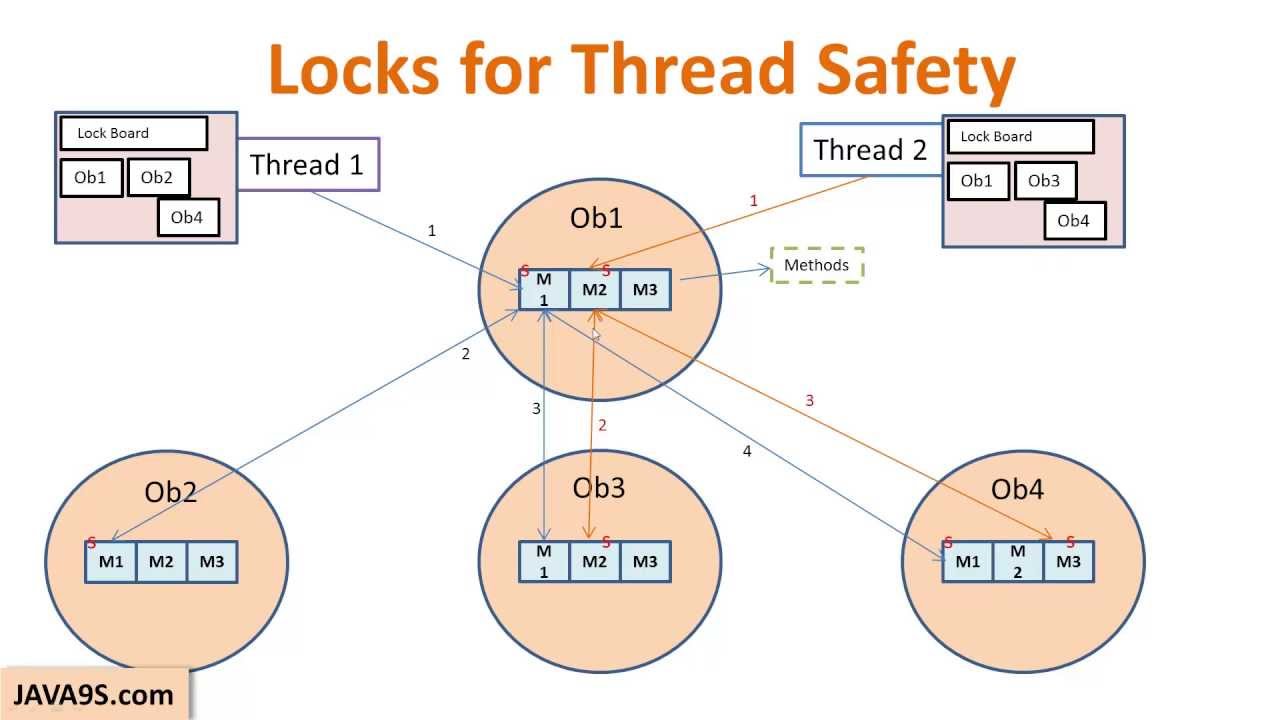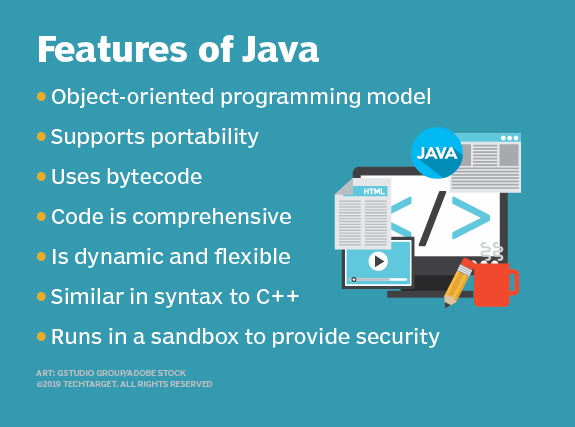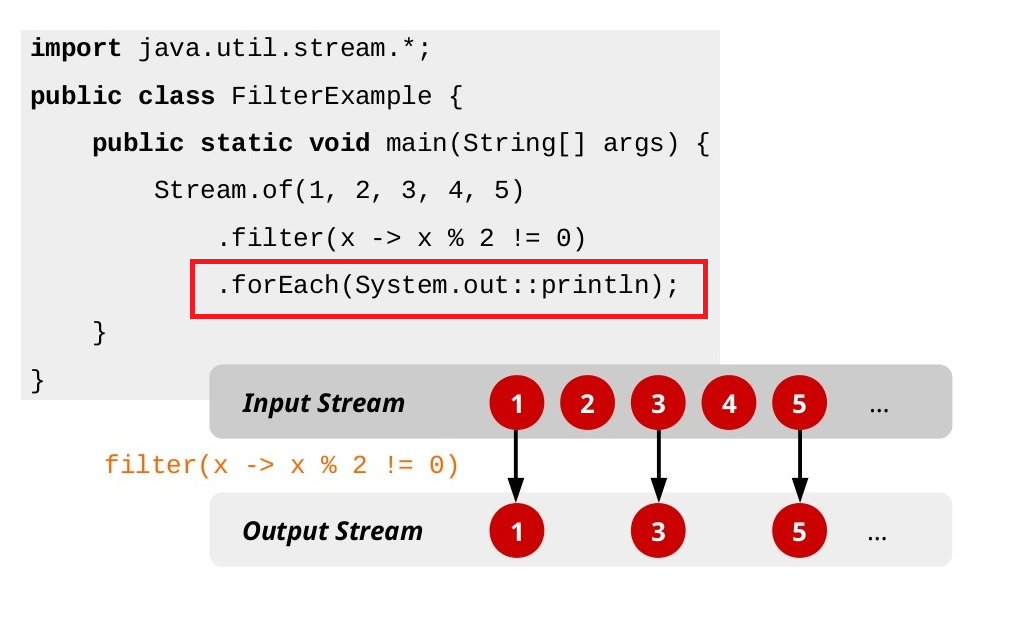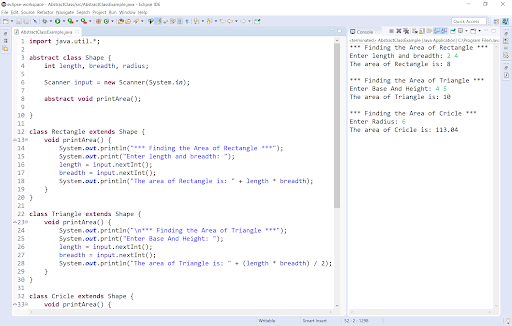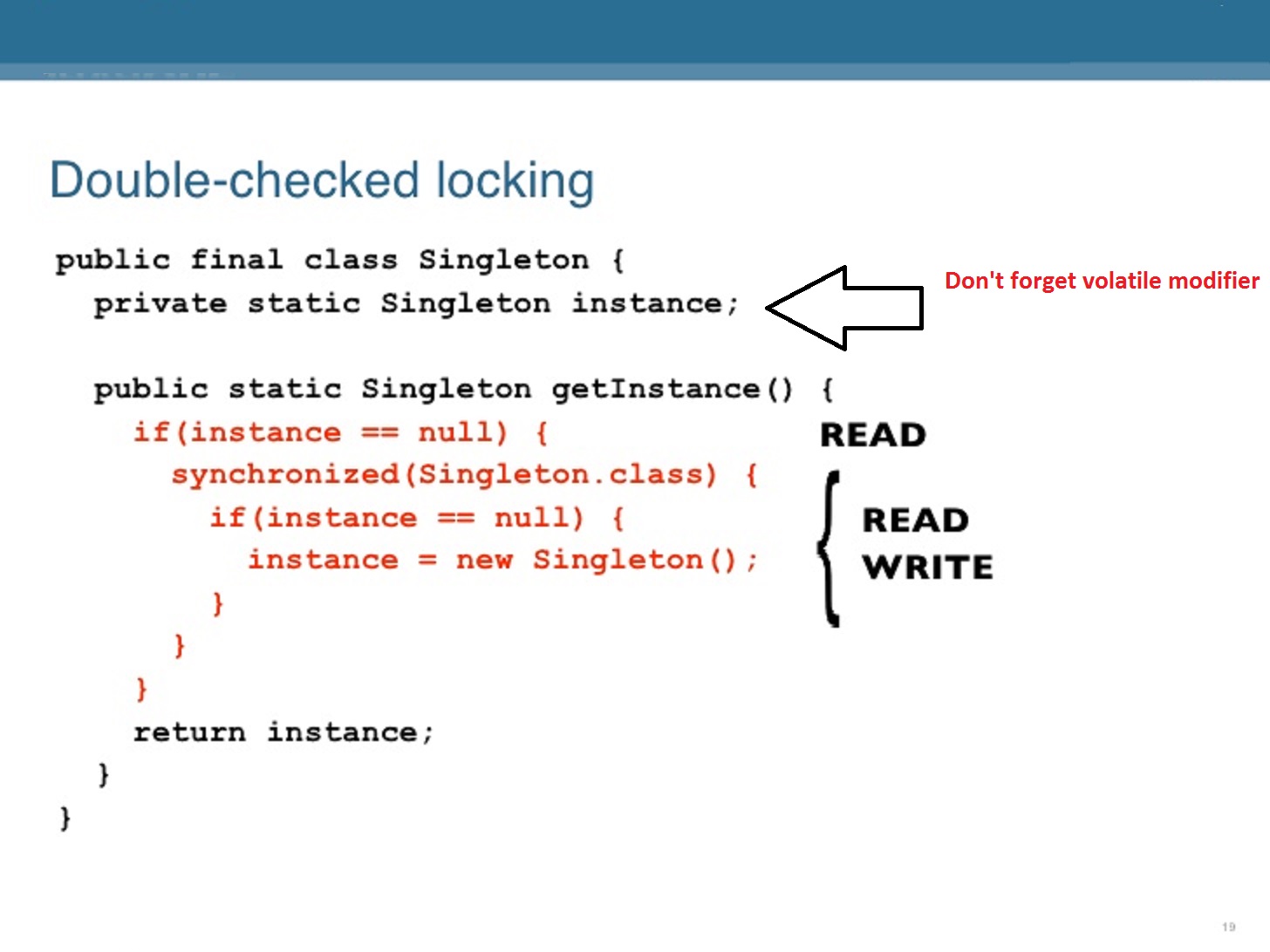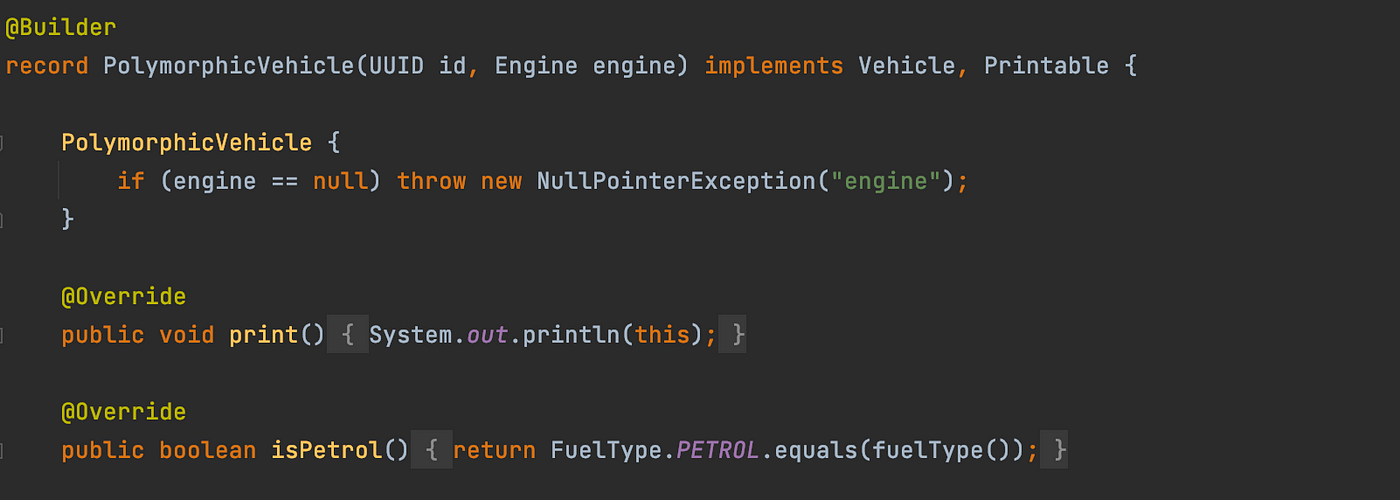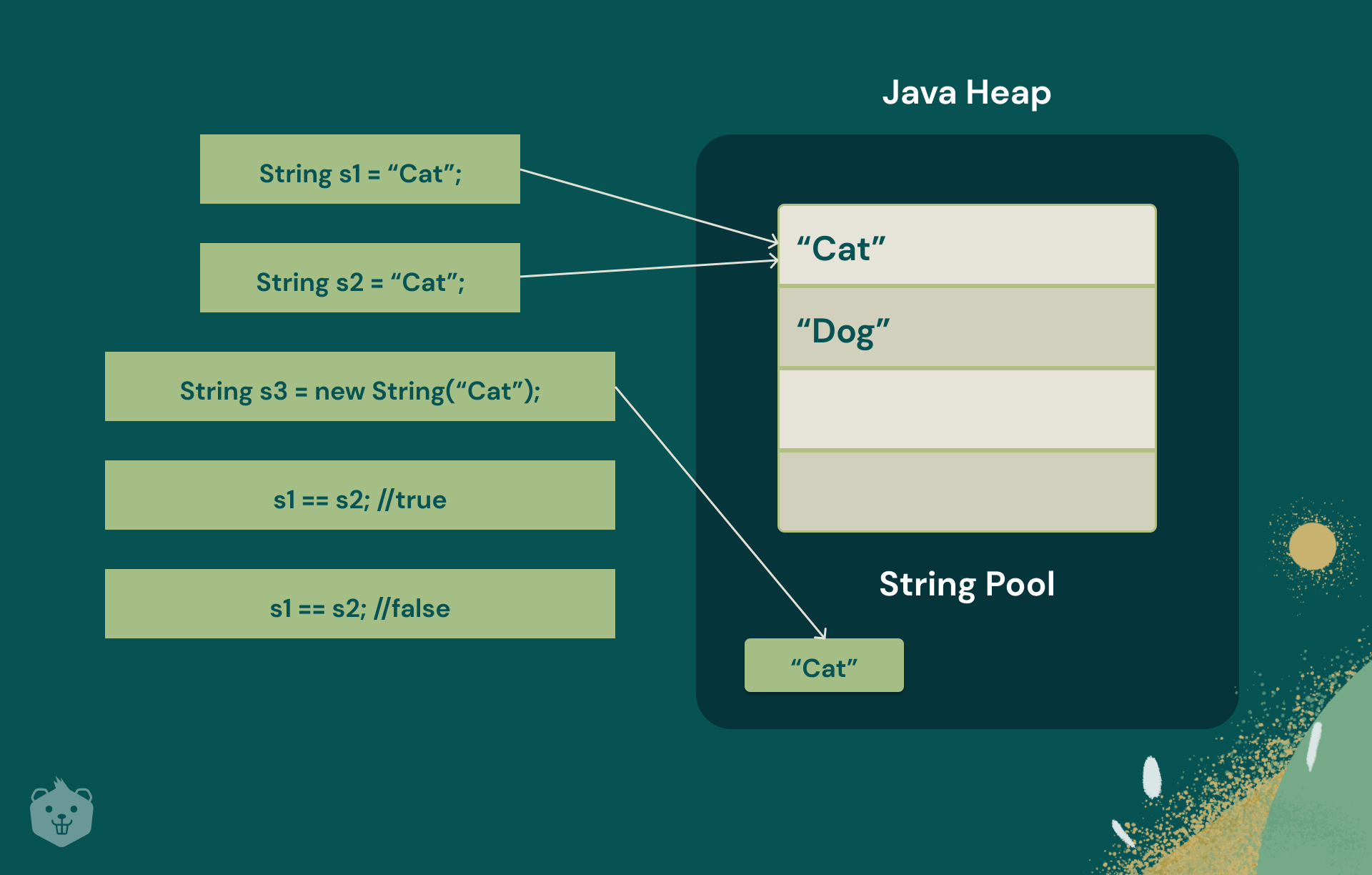Static block in java interview questions and answers
Static block in java interview questions and answers
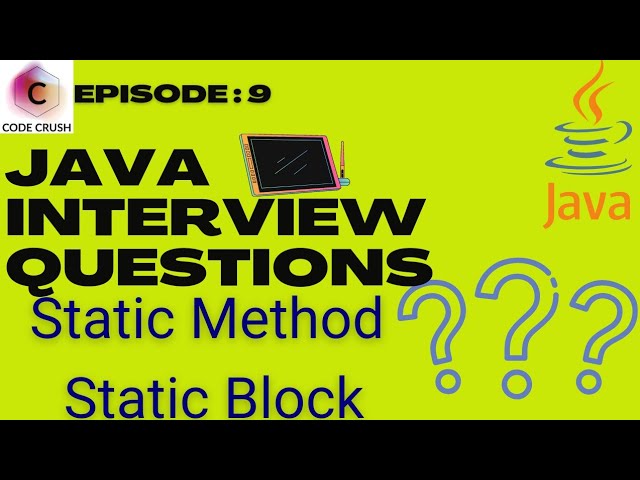
I'm happy to help you with that! Here are some common Java interview questions related to static blocks:
What is a static block?
In Java, a static block is a block of code that is executed only once, when the class is loaded into memory. It is also known as a static initializer or static initialization block.
Why do we need static blocks?
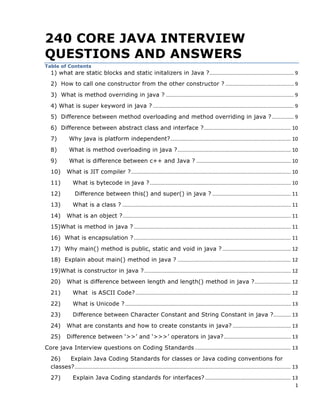
Static blocks are useful for initializing variables, performing one-time setup tasks, and executing code before the program starts running. They are especially useful in situations where you want to ensure that some resource or object is created only once, such as when working with databases or file systems.
What is the difference between static block and constructor?
A constructor is a special method that is called when an object of a class is instantiated. It is responsible for initializing the object's state. On the other hand, a static block is a block of code that is executed only once, when the class is loaded into memory. The key difference is that a constructor is called every time an object is created, whereas a static block is called only once.
Example: Using static blocks to initialize variables
Suppose you have a class that needs to initialize some variables at startup:
public class Config {
public static int MAX_CAPACITY = 1024;
public static String DEFAULT_FILE_NAME = "default.txt";
static {
// Initialize variables here
MAX_CAPACITY = getMaxCapacityFromConfigFile();
DEFAULT_FILE_NAME = getDefaultFileNameFromConfigFile();
}
}
In this example, the MAX_CAPACITY and DEFAULT_FILE_NAME are initialized only once, when the class is loaded into memory. The getMaxCapacityFromConfigFile() and getDefaultFileNameFromConfigFile() methods would be implemented to read the configuration file.
Example: Using static blocks to perform one-time setup tasks
Suppose you have a class that needs to establish a connection to a database at startup:
public class DatabaseConnector {
public static Connection conn = null;
static {
try {
// Establish database connection here
conn = DriverManager.getConnection("jdbc:mysql://localhost:3306/mydb", "username", "password");
} catch (SQLException e) {
// Handle exception
}
}
}
In this example, the conn variable is initialized only once, when the class is loaded into memory. The connection to the database is established only once, at startup.
Common interview questions:
Can you explain how static blocks work in Java? When would you use a static block instead of a constructor? How do you handle exceptions in a static block? Can you give an example of using static blocks to initialize variables or perform one-time setup tasks?Answer: Here's the answer:
Static blocks are executed only once, when the class is loaded into memory. They can be used for initializing variables, performing one-time setup tasks, and executing code before the program starts running. You would use a static block instead of a constructor if you want to ensure that some resource or object is created only once, such as when working with databases or file systems. To handle exceptions in a static block, you can use try-catch blocks to catch and log any errors that may occur during initialization. Here's an example:public class Config {
public static int MAX_CAPACITY = 1024;
public static String DEFAULT_FILE_NAME = "default.txt";
static {
// Initialize variables here
MAX_CAPACITY = getMaxCapacityFromConfigFile();
DEFAULT_FILE_NAME = getDefaultFileNameFromConfigFile();
try {
// Establish database connection here
conn = DriverManager.getConnection("jdbc:mysql://localhost:3306/mydb", "username", "password");
} catch (SQLException e) {
// Handle exception
}
}
}
I hope this helps you with your Java interview preparation!
How to handle exception in static block in Java?
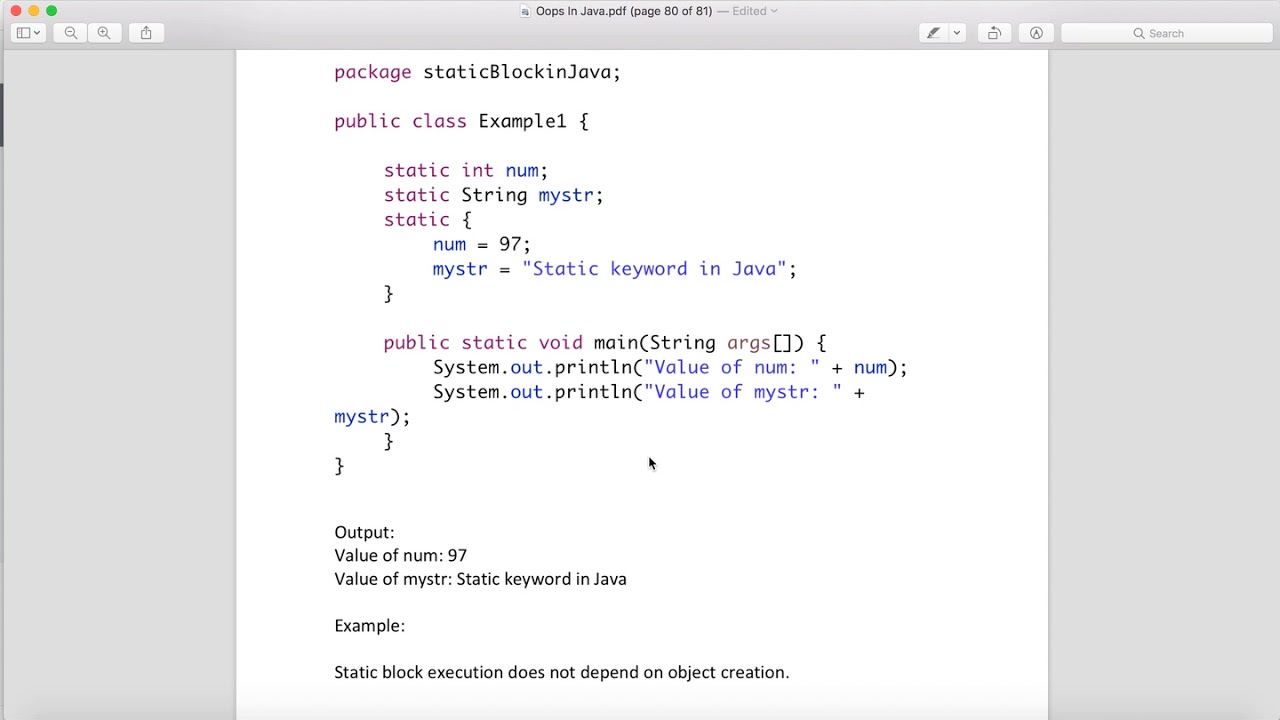
I'll respond in English this time.
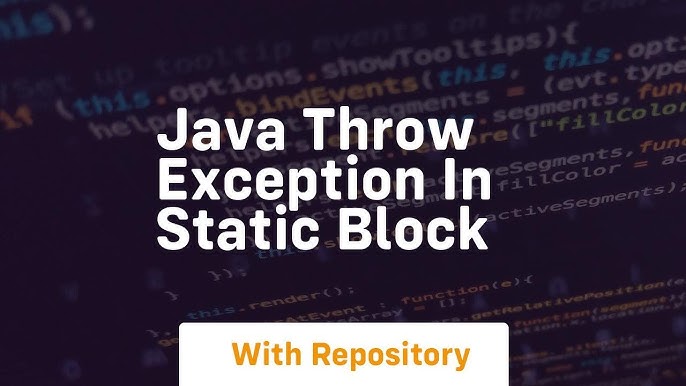
Handling exceptions in a static block in Java can be tricky, as it's not directly possible to catch and handle exceptions using try-catch blocks like we do with instance methods or non-static blocks. However, there are some workarounds to achieve exception handling in a static block:
Usingtry-catch-finally block: You can use a try-catch-finally block within the static block to catch and handle any exceptions that occur during its execution. The finally block will always be executed, regardless of whether an exception was thrown or not.
public class Example {
public static void main(String[] args) {
try {
// Code that might throw an exception
} catch (Exception e) {
// Handle the exception
} finally {
// Code that will always be executed
}
}
}
throws clause: You can declare that a static method throws an exception using the throws clause, just like you would with an instance method. This way, the calling code can catch and handle the exception.
public class Example {
public static void main(String[] args) throws Exception {
// Code that might throw an exception
}
}
public class Example {
public static void main(String[] args) {
try {
try {
// Code that might throw an exception
} catch (Exception e) {
// Handle the exception
}
} catch (Exception e) {
// Handle the outer exception
}
}
}
Thread.setDefaultUncaughtExceptionHandler(): You can register a default uncaught exception handler using Thread.setDefaultUncaughtExceptionHandler(). This way, you can handle any unhandled exceptions that occur in your static block.
public class Example {
public static void main(String[] args) {
Thread.setDefaultUncaughtExceptionHandler(new Thread.UncaughtExceptionHandler() {
@Override
public void uncaughtException(Thread t, Throwable e) {
// Handle the exception
}
});
}
}
It's essential to note that you should avoid throwing exceptions from a static block if possible. If an exception is thrown and not caught or declared, it will cause your program to terminate abnormally.
In summary, handling exceptions in a static block in Java requires creative workarounds using try-catch blocks, throws clauses, nested try-catch blocks, or default uncaught exception handlers. Always prioritize avoiding exceptions and catching them if necessary to ensure your program remains stable.
